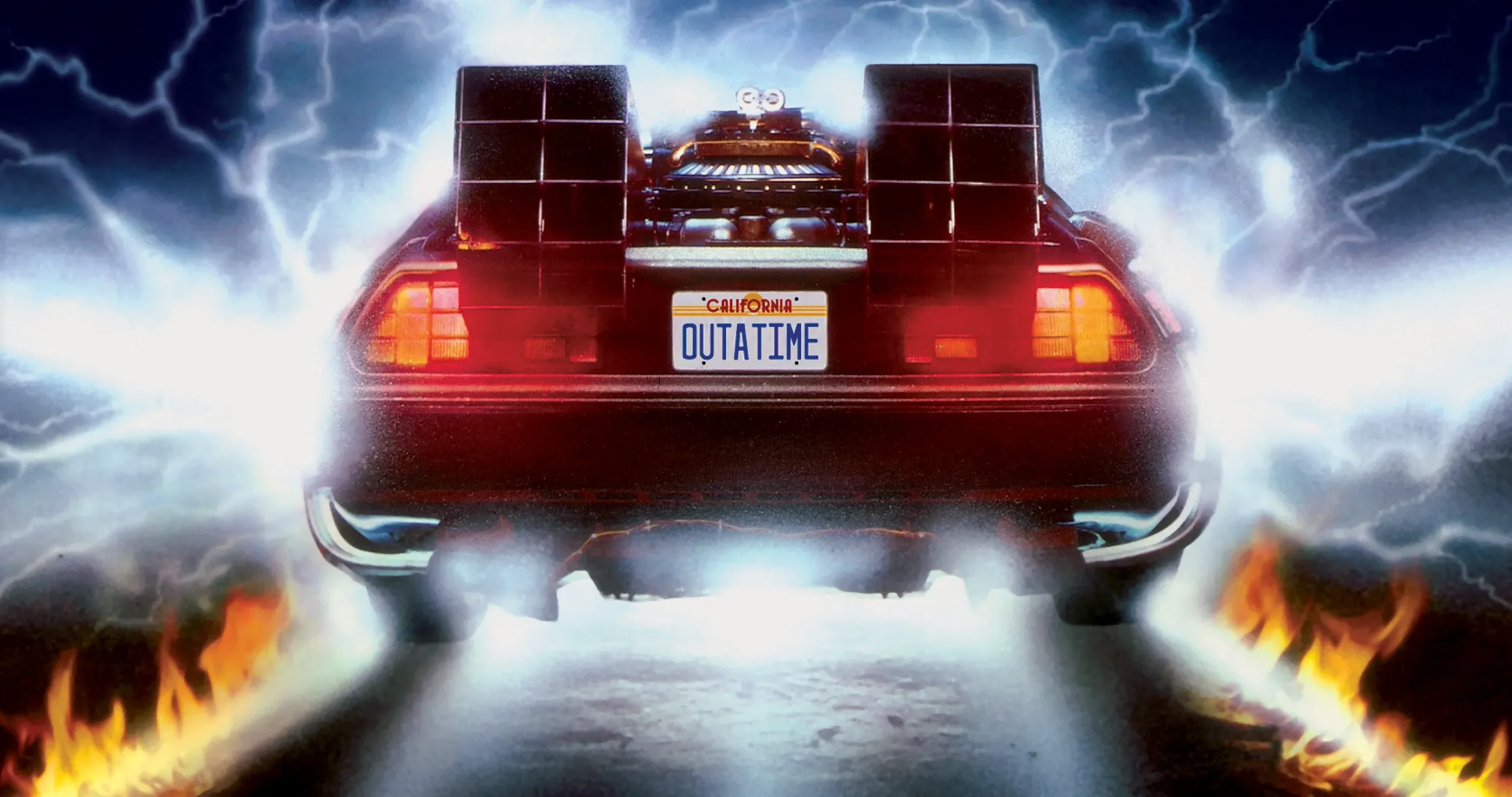The Employees, Southbank Centre's Queen Elizabeth Hall Review
The Employees. Photo by Natalia Kabanow
Written by Franco Milazzo Theatre and Tonic
Disclaimer: Gifted tickets in exchange for an honest review
Łukasz Twarkowski’s The Employees is likely to be one of the most divisive shows this year with its innovative staging and unusual direction and debates over how immersive this show is matters of considerable discussion.
What isn’t controversial is the rather prosaic storyline based on the eponymous Booker International-shortlisted novel by the Danish author Olga Ravn. On the spaceship 6000 orbiting a far-off planet, a crew of humans - each with an identical android counterpart called humanoids - have collected several objects from the surface and are now watching over them. The objects affect some kind of mood change around everyone aboard and soon everyone (man and machine) are asking themselves: what does it mean to be a human, and what does it mean to be human?
If the plot sounds like a rehash, a reboot or a mashup of many a sci-fi book, film and game (and it does), the staging is something else. The spaceship is imagined as a massive cuboid that sits in the middle of the hall. Audience members are free to walk around it and peer in before the show starts and, if they feel like it, at any point after. Mostly within (but also occasionally outside) the ship, the actors (Dominika Biernat, Daniel Dobosz, Maja Pankiewicz, Sonia Roszczuk and Paweł Smagała) move around followed by Steadicam operators whose film is transmitted live to huge screens on the outer walls of the craft. The dialogue is in Polish with subtitles visible when someone isn’t standing right in front of you. There are seats provided on all four sides with short three-minute pauses allowing the crowd to get up and go sit elsewhere should they wish.
Twarkowski’s decision to stretch a 136-page novel into a drama over two hours long is ambitious but leads to some ponderous episodes that give us little of interest to ponder. The idea of dull working lives and evil corporate masters have been dissected for hundreds of years and there is no new insight to be found here. There is an effort to examine the nature of humanity and the uncanny valley between ourselves and our creations but the Turing Test is now somewhat passé; these days, through CAPTCHA-like tests, computers spend more time working out if we’re human than vice versa.
Is this kind of setup immersive or the very opposite? The ominous lighting from Bartosz Nalazek and Svenja Gassen and Lubomir Grzelak’s gripping soundscape gives everyone in the room a flavour of what it must be like to be like living on the 6000 where everyday is like Sunday and even shooting Morrissey out of an airlock would provide only a minor respite from the enduring ennui. Relying on the screens and subtitles to understand what is happening creates a (perhaps deliberate) distancing effect and much of the experience for the first hour feels like Netflix sans chill. Getting up close and seeing the actors as they carry out their tasks or move in for their close-up is certainly different but, even for hardcore voyeurs, there’s not much in the way of a dramatic payoff. That’s a shame as the set design certainly could open up this story to the kind of interesting interactions seen in Ivo Von Hove’s Roman Tragedies where punters could sit on stage amid the action rather than outside it or David Watson’s Pieces of Vincent where the multi-dimensional plot played out on four stages around the audience.
With Twarkowski’s direction dialled down to “languid” for the most part, the actors are left to evoke existential crises through the minimum of motion, whether it is contemplating the nature of their duties, lighting up an illicit cigarette or stripping off for an unromantic encounter. The objects may be inspiring new dynamics among the crew but the pacing is sluggish and, apart from an all-lights-blazing heart-pounding sonic tsunami of a rave towards the end, too little happens for too long. By the time any real sense of danger or conflict comes into view, we have given up caring for these spacefolk and their sorry plight.
At Southbank Centre until 19 January
★ ★ ★













